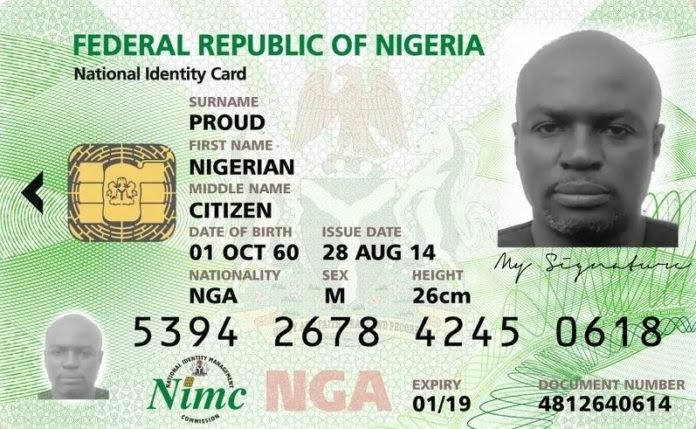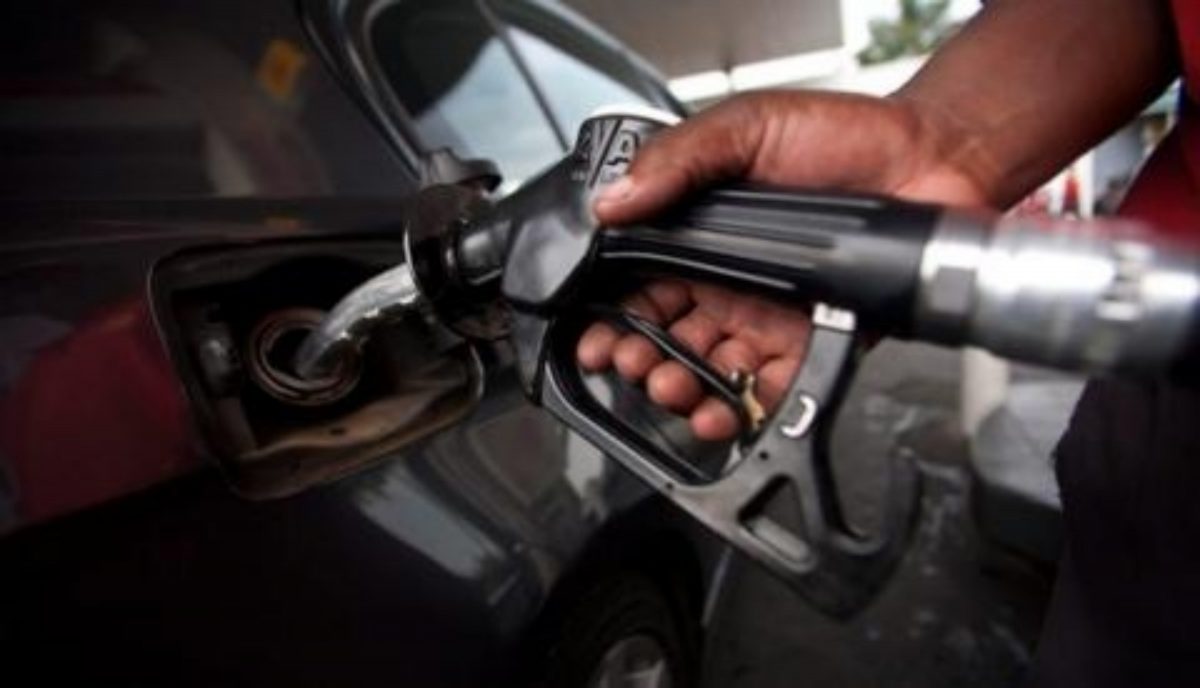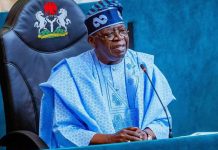Every responsible government should have an accurate figure of her nationals. Apart from this, the government should have their resident’s demography and biometric identities. The need for these cannot be over emphasized. One of the main implements for capturing the identity and demography of a country’s residents is the availability of a reliable and dependable government issued national identity card. The responsibility for this was saddled with National Identity Management Commission (NIMC) since her establishment in 2007 to take over the responsibilities of defunct DNCR.
In this digital age of cloud, information technology, artificial intelligence and digital image capturing , identity capturing and digital analysis of data, the role of national identity cards and national identity number in crime investigation and prosecution is exceptional . In my article of August 6th, 2006 published by www.nigeriavillagesquare.com titled “The Virus at National Population Commission”, I have said much on the expected roles of National Identity Card in nation building, prevention of insecurity and crime prevention.
The patriotic and nationalistic decision of the National Communication Commission (NCC) to link the individual’s NIN numbers to the SIM cards is not just innovative; it’s also an avenue to apply digital civilization and modern technology to fight all forms of insecurity and crime prevention. This will be more so if it’s also linked to individual’s BVN number. With the proposed and inevitable introduction of 5-G communication technology by NCC, every identity will be opened and there will be no hiding place for criminals.
Laudable, practicable and commendable as the idea seems, the government herself is impeding the implementation of this laudable programme. It now seems as if the government is just paying lip service to it. Going with the way the government is going about it, the issuance of national identity card or national identity number to Nigerians is going to be a total failure. I see this deliberate attempt by government to frustrate this. If government was able to compile voter’s list and issue PVC accurately and promptly, banks issued BVN to customers promptly, what then is the cause of refusal to complete NIN even after more than 35 years?
During the voter’s registration, more than 200 registration computers were deployed to each local government. Promptly, voter’s registrations were completed within 3 months and PVC issued. Please permit me to use my constituency, Ibarapa zone of Oyo state as example of the government’s un-seriousness in issuing national ID card to the people. The entire Ibarapa zone (three local governments) was given just one registration computer for an adult population of over 500,000 people (according to 1991 census projection).
In Nigeria, the average working day in a year is 260. Working hours per day is 8. At the rate of 10 ID cards processing per hour, only 80 cards can be produced in a day. Given 260 working days the machine can only process 20,800 cards per year. Hence it will take more than 24 year to process. Within this period, issued cards would have expired some would need replacement due to damage, there would have been new adults needing cards and some people would have been dead. Hence needing to be deleted in national registry. This scenario across the country. It is sickening.
Given the calculation above, it is clear that our government is not serious at all about issuing the cards. Given my experience in developed world and the reality on the ground in Nigeria, each local government should have at least 10 registration centers and at least 4 employees to manage each of the centers. This will create employment for 40 people in each local government and 30,960 across the 774 local governments in the country. It will also be a source of revenue for the government.
This project should be made self financing because the government can charge about N1, 000 for the issuance of the card which will be done and printed the same day. This is the standard practice in the whole world. If Nigeria government is not capable of funding free ID cards, it is so important and essential for our national security that a fee should be charged. Presently, people are paying as much as N15, 000 as bribe to collect these cards on time. To make this more effective, there should be a synergy between INEC (to make her computers and printers) available, Driver’s License Offices and NIPOST (to assist in distribution of cards through mail boxes).
In USA, individual state is responsible for the issuance of both ID cards and Drivers Licenses. Both are commonly issued by Department of Motor vehicles which charges fees for the services. In Florida for example, $25 (about N9, 500) is charged for ordinary ID cards and $48 (about N18, 240) for drivers licenses. These will be issued the same day and if not possible sent by post to the home addresses. In UK it cost 15 pounds (N7, 830) in most of the Canadian Provinces, ID card cost $25. Why then should Nigeria want to give it out for free even when the country is not financially capable for it?
The fear of people refusing to pay for the NIN should be discarded because nobody will like to have his phone and contact to the rest of the world disconnected just because of a little fee. Not being able to provide a means of identification for Nigerians after over 35 years of the projects’ introduction is a perpetual national failure that needs to be addressed.
Akinyemi Akinlabi, B.Sc (Econs) MBA
[email protected]
Former Chairman
Ibarapa Central Local Government
Oyo State







